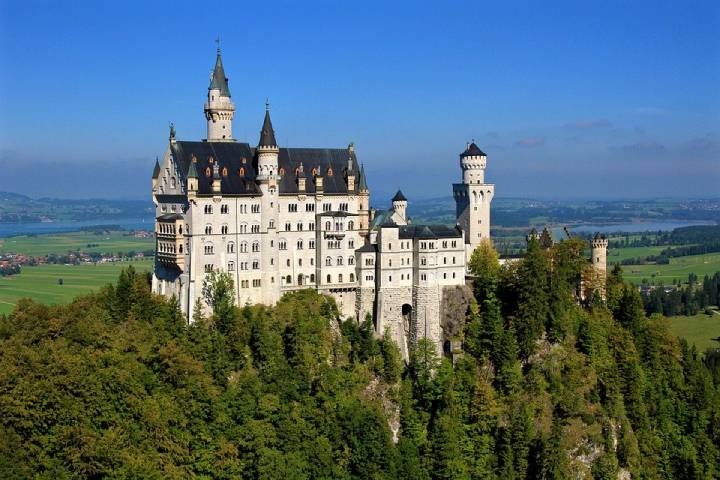When most think of the tourism industry, they do not imagine a connection to intellectual property. However, in recent times, tourism and intellectual property have become deeply linked. With a more significant number of brands realizing the value in placing themselves as icons of travel and tourism, there has been a boom in the importance of these two separate concepts towards each other.
With consumer products using connections to international locations as a means of advertising, they provide mutual advertising for not just their brands and products but for these nations and locations as well. Consumers associate the leisure of travel and the dream of visiting these destinations with the product or brand.
It is not simply brands that advertise anymore. Cities and countries advertise their tourism and create trademarked intellectual property around the tourism industry. In some cases, this may be branded merchandise that is the intellectual property of the city or country or even branded travel programs and services that serve to cater to tourists as well as serve as an advertising program for the location.

However, this great emphasis on intellectual property and tourism may also pose a threat to the owners of the intellectual property, as counterfeiters and grey market sellers may try to profit through the use of fake or unethically sourced goods that contain the brand of these products.
Manufacturers should, therefore, try to protect themselves and their intellectual property from misuse. Proper control of resellers and retailers will allow manufacturers to notice underhanded sellers that may try to pass off counterfeit goods as legitimate.
As with most things related to security and protection, it is not easy for a manufacturer or owners of intellectual property to protect themselves without outside assistance. Brands should, therefore, try and acquire outside assistance from services that exist to combat these issues.
Services such as Wiser Market offer protection against intellectual property theft as well as counterfeiting and grey market goods. This will help brands immensely, as such services make it much more difficult for counterfeits to appear.
As the grey market rises in popularity and the numbers of online sellers grow, it has become easier for unethical sellers to offer grey market products.
These are products acquired internationally at a lower price and then sold locally at a higher one. The threat posed by these products is great for brands that operate around or with tourism as a basis as products that are advertised using the appeal of a location may be more expensive at such a location. Grey markets will sell products at much lower prices, cutting into the resale profits of legitimate retailers.
The growing connection between intellectual property and tourism creates both new benefits and threats to brands. As such, brands must develop a clear understanding of the unique traits of such a venture. This growing market has already provided very memorable products for brands and developed many brand identities, providing a sense of luxury and desire to customers that may be harder to find elsewhere.
Tech Trends
Related posts
Leave a Reply Cancel reply
Hot Topics
Categories
- Ads (5)
- Animes (25)
- Artificial Intelligence (AI) (35)
- Augmented Reality (AR) (10)
- Automotive (9)
- Bitcoin (16)
- Blockchain (24)
- Business (244)
- Business Intelligence (3)
- Cloud Computing (23)
- Computer (128)
- Concrete Technology (1)
- Cryptocurrency (10)
- Cybersecurity (42)
- Data Science (9)
- Database (4)
- DevOps (6)
- Digital Marketing (76)
- Digital Workplace (14)
- Ecommerce (1)
- Education (28)
- Electric Vehicle (EV) (1)
- Electronics & Hardware (17)
- Entertainment (42)
- Fabrication (3)
- FAQ's (1)
- Finance & Marketing (47)
- Gadgets (35)
- Games (8)
- Gear (29)
- HTTPS (1)
- Industry (46)
- Information Technology (90)
- Internet (413)
- Internet of Things (IoT) (41)
- Job (25)
- Machine Learning (6)
- Marketing (92)
- Mobile Apps (21)
- Movies (11)
- Natural Language Processing (6)
- News & Trends (109)
- Programming (4)
- Science & Technology (235)
- Security (81)
- SEO (56)
- Services (36)
- Social Media (73)
- Software (99)
- Sports (1)
- Technology (306)
- Telecom (6)
- TikTok (5)
- Tours & Travels (9)
- Uncategorized (11)
- Virtual Reality (VR) (7)
- VoIP (4)
- Web Technology (42)
- Workforce (17)
- Workspace (6)



Stay connected